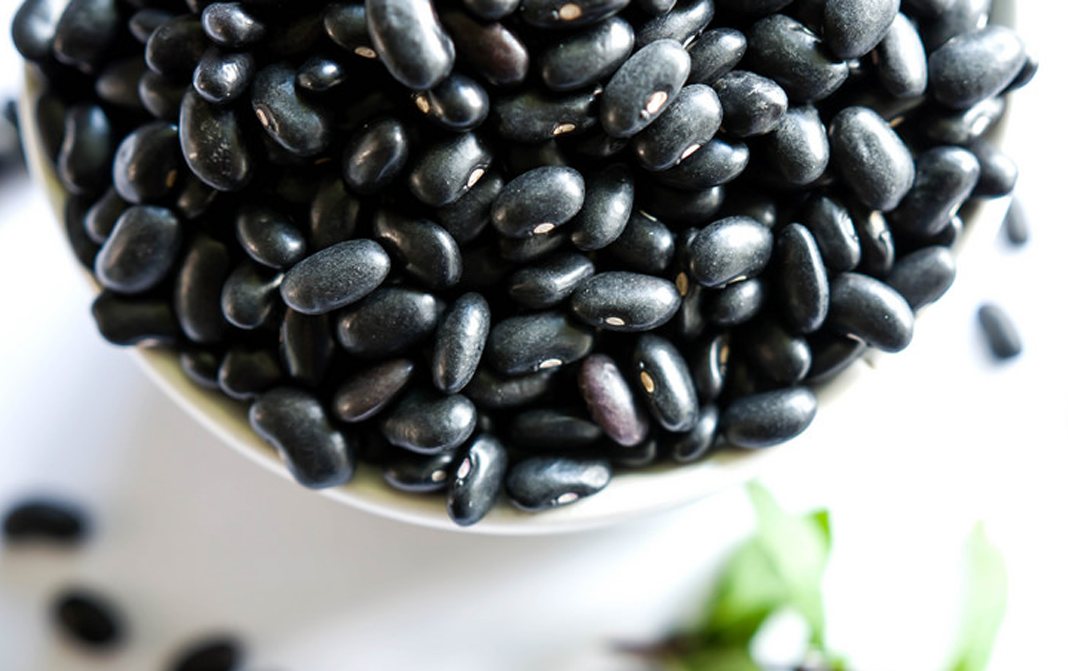


Ensure that there is no sign of moisture, spoilage, or pests. Avoid beans that are shriveled or broken. While buying canned beans look for “use-by” date.
It is important to soak these beans in water as they contain a harmful component called phytic acid. If phytic acid is not removed from the bean before eating, it can bind to minerals like calcium, magnesium, and copper, thus preventing them from being absorbed by the body. Black beans contain a complex sugar called oligosaccharides. As the human body does not produce any enzyme that can naturally break this sugar down these oligosaccharides ferment in the digestive system and begin to produce methane which is released from the body in unpleasant ways. However, soaking prior to cooking can help a lot. (2)
- Disclaimer
"Information here is provided for discussion and educational purposes only. It is not intended as medical advice or product or ingredient review/rating. The information may not apply to you and before you use or take any action, you should contact the manufacturer, seller, medical, dietary, fitness or other professional. If you utilize any information provided here, you do so at your own risk and you waive any right against Culinary Communications Private Limited, its affiliates, officers, directors, employees or representatives.”
Description
Black beans are about the size of a pea, with a slightly less pronounced boat-shape common to kidney beans. Black beans have a satin black skin with a white center. Black beans are native to North, South, and Central America. However today, they are cultivated and enjoyed worldwide in many different types of cuisines. Major bean producing states in India include Uttar Pradesh, Madhya Pradesh, West Bengal, Haryana, Karnataka, Tamil Nadu, Kerala, Andhra Pradesh, and Telangana. There are various varieties of black beans namely Domino, Black Magic, Blackhawk, Condor, and Raven.